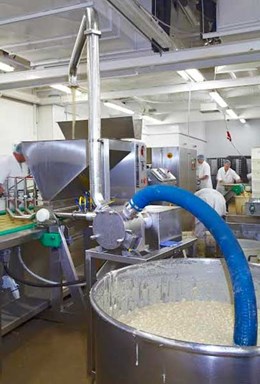Sunday, 02/11/2025 | 10:22 GMT+7




















 Webinar 2: “Financial Support for Energy Efficiency Enterprises – Opportunities and Challenges”
10/10/2025
Webinar 2: “Financial Support for Energy Efficiency Enterprises – Opportunities and Challenges”
10/10/2025
 Bosch Vietnam Plant Benefits from Investment in Energy Efficiency
Bosch Vietnam Plant Benefits from Investment in Energy Efficiency
 Vietnamese enterprises achieve green growth and cut costs through energy efficiency
Vietnamese enterprises achieve green growth and cut costs through energy efficiency
 Capacity Building for Program Implementing Entity
Capacity Building for Program Implementing Entity
 Enhance Energy Efficiency Knowledge for Managers of Cement Industrial Enterprises
Enhance Energy Efficiency Knowledge for Managers of Cement Industrial Enterprises
 Capacity Building on Energy Efficiency for Technical Officers of Da Nang's Industrial Enterprises
Capacity Building on Energy Efficiency for Technical Officers of Da Nang's Industrial Enterprises
 Enhancing capacity for Bac A Bank Officers in Risk Sharing Facility Implementation
Enhancing capacity for Bac A Bank Officers in Risk Sharing Facility Implementation
 Strengthening capacity for energy management officers of local government agencies
Strengthening capacity for energy management officers of local government agencies